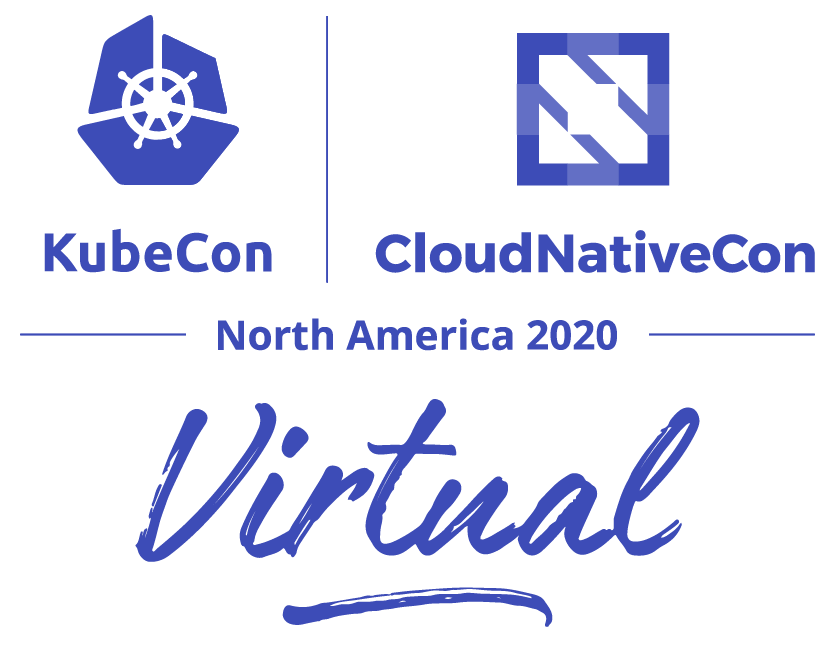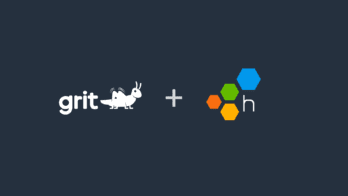OpenTelemetry has evolved so much since the 2019 KubeCon North America in San Diego, where I live-demoed OpenTelemetry on the keynote stage and highlighted our alpha to the world. We’re excited to be entering general availability of our Collector and Tracing SDKs soon. While I missed the energy from the packed crowd of over 10,000 technologists cheering me on, it was wonderful that this year’s event was more accessible than ever to a worldwide audience. The price point was unbeatable: $100, instead of thousands of dollars in travel expenses. Thousands of first-time participants attended the event from the comfort of their desks located all around the world.
Over the past year, we’ve seen increasing clarity from analysts, vendors and end users, who all agree that observability is critical to realizing the productivity and scaling benefits of the cloud native journey. Observability, the capacity to understand our systems in flight, arises when our business’ software systems and our people are functioning in concert. Robust telemetry (such as logs, traces, and/or metrics) is necessary but not sufficient to achieve meaningful observability. We only see the benefits of our telemetry when we can interrogate that data and enhance our understanding of our systems, which is what enables us to operate our systems safely through launch, turmoil, and calm.
With the community uniting around OpenTelemetry (OTel) as a standard, vendors and end users have collaborated to build instrumentation code directly into the most popular frameworks, producing telemetry that’s compatible with both popular open source solutions and proprietary providers. OpenTelemetry decouples the telemetry production from consumption, which means you’re not tied to a specific vendor or backend. Dozens of prominent companies and open source projects use OpenTelemetry in production to empower observability outcomes. Given how quickly best practices are evolving, CNCF/KubeCon offered a great chance to learn from peers, both about the technology choices required to plant the seed of observability, as well as the culture that allows it to flourish.
This year, I kicked off OpenTelemetry Community Day on Day 0, as well as co-chaired the Observability track at CNCF/KubeCon. In addition to the programmed content at OTelCD, attendees participated in breakout discussion groups with notes. Especially popular were the “how to get started with instrumentation” sessions which over a hundred attendees attended. We had so much interest that we had to repeat the sessions throughout the day — if it had been an in-person summit, we’d have had standing room only!
Here’s some of my can’t miss highlights from the four days of OTelCD+KubeCon:
The History of OpenTelemetry at Community Day, detailed how the OpenTracing and OpenCensus projects merged, and the upcoming General Availability of the Tracing and Metrics APIs and SDKs.
SLO-driven Kubernetes Cluster Reliability in the Observability track, covered how to define SLOs for your Kubernetes cluster and trace performance problems. This was one of the best talks I’d seen about SLO definition and measurement in a long while.
Empowering End Users with the OpenTelemetry Collector — Constance Caramanolis presented on how to route data to multiple telemetry backends with just one line of config, and no code changes, as well as on how to scrub or enrich data with Collector Processors.
Getting Involved in the OTel Community if you’re curious how to not just consume, but contribute back to OTel!
Despite my worries about the transition to a virtual event format, the community interactions and talks during OpenTelemetry Community Day and KubeCon surpassed my expectations. It was exciting to welcome hundreds of new faces to the OpenTelemetry community, and to see so much expertise shared. I’m glad to have been involved in the events, and have already signed up to help with CNCF events in 2021!
—
Have some downtime during the holidays? Want to see what observability can do for you? Sign up today to try out Honeycomb!









